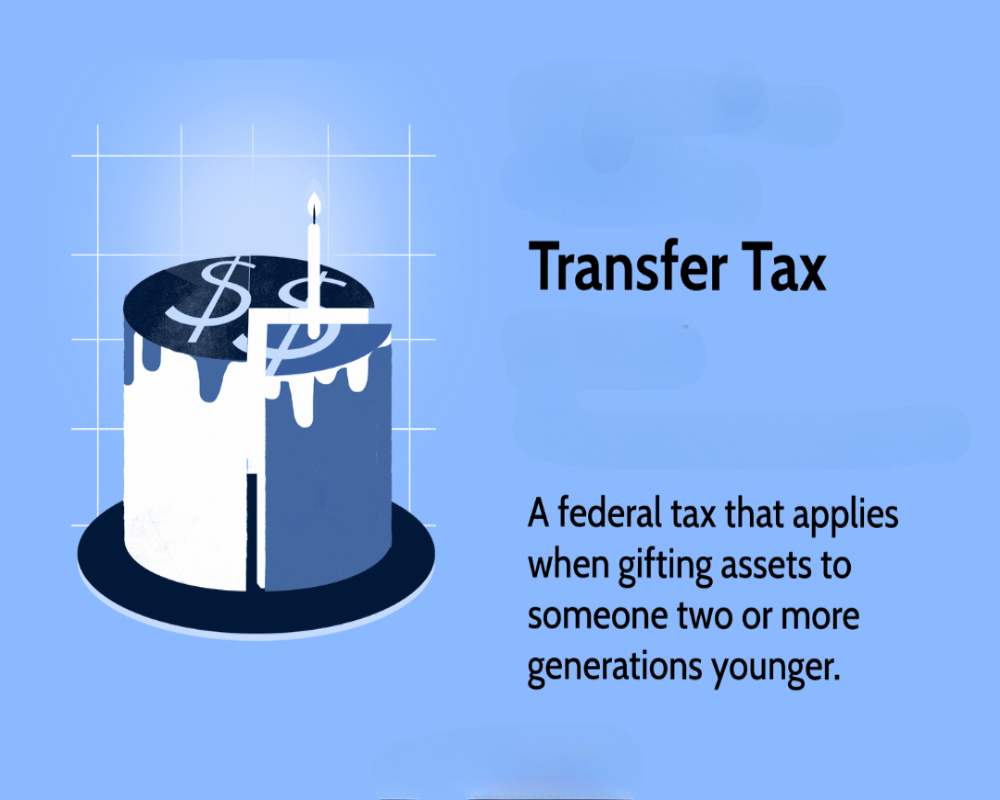Transfer Taxes Imposed by Local and State Governments
Transfer taxes are charged by local (city or county) and sometimes state governments when ownership of real property is transferred. These taxes are typically based on the sale price or declared value of the property.
- County transfer taxes are the most common and range from $0.55 to $2.50 per $500 of value
- City transfer taxes may apply in larger municipalities and are sometimes higher
- State-level taxes may apply in jurisdictions like New York, Delaware, or California
Calculated and Collected at Closing
Transfer taxes are usually calculated by the escrow or title company and paid at closing. The responsibility for payment (buyer or seller) is typically specified in the purchase agreement or determined by local custom.
- Seller pays in most regions, unless otherwise negotiated
- Tax is computed on the gross sales price, less exemptions (if any)
- Recording fees and documentary stamps may also be charged in addition to transfer tax
Subject to Exemptions or Reductions in Certain Cases
Some transfers may qualify for partial or full exemptions from transfer tax, depending on the nature of the transaction. These must be disclosed and properly documented.
- Transfers between family members, trusts, or legal entities may be exempt
- 1031 exchanges may still be subject to transfer tax, even if capital gains are deferred
- Affordable housing or nonprofit transactions may qualify for reduced rates


